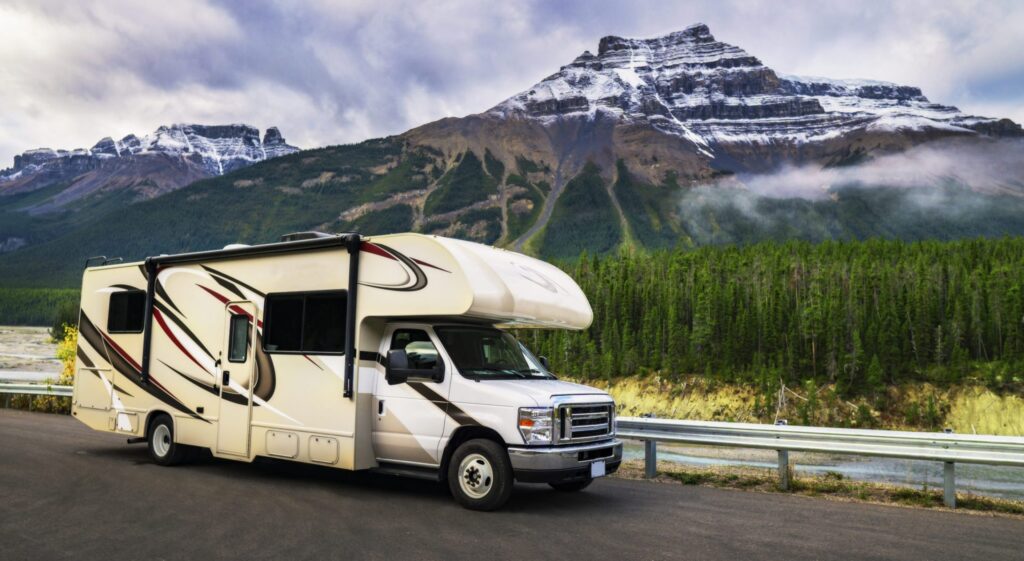Most people understand that operating a motor vehicle, like a car or truck, while under the influence of drugs or alcohol is a crime. There are also many other types of crimes and traffic infractions associated with motor vehicles, like Driving to Endanger, Failure to Maintain Registration, Reckless Conduct, and more. What some people fail to realize is that many of these same crimes can be charged when you are driving a boat, all-terrain vehicle (ATV), or a snowmobile. While technically not considered a “motor vehicle”, these recreational vehicle crimes have very similar consequences as motor vehicle crimes when convicted and as such, it is important to know the rules of the “off-road.”
Unlike Title 29-A of the Maine Revised Statutes, which lists crimes associated with motor vehicles, laws concerning recreational vehicles generally fall under Title 12. This is significant as the Maine Warden Service is the primary enforcement agency of Title 12 violations. Retaining the right attorney who has experience dealing with ATV, boat and snowmobile violations is crucial to defending your case.
Like motor vehicles, it is a crime to operate an ATV, boat (called a “watercraft” in the statutes), or snowmobile while under the influence of drugs or alcohol. Just like a motor vehicle OUI, a conviction for an OUI on any one of these recreational vehicles will result in a permanent criminal record. In addition, these crimes have the same maximum sentence of 364 days of jail and a $2,000.00 fine. These crimes may also carry mandatory minimum sentences for a conviction, and depending on the facts, could require a mandatory jail sentence.
One difference between a motor vehicle OUI and a recreational vehicle OUI is that a conviction for a recreational vehicle OUI does not appear on your driving record. This means it will not impact your license to drive a motor vehicle. A motor vehicle OUI carries a mandatory minimum one hundred fifty day license suspension, whereas a recreational vehicle OUI does not impact your actual driver’s license. However, there is a mandatory one-year suspension on any license, permit or registration to operate an ATV if you are convicted of operating an ATV under the influence.
In addition to Operating under the Influence, there are other crimes that you can commit while on an ATV, boat, or snowmobile. These include Operating to Endanger, Reckless Operation, Criminal Trespassing, failure to register your vehicle, failure to stop your vehicle for law enforcement, and many more. Additionally, since these vehicles are usually operated on private property, people who own the land have the right to stop you to identify yourself. If you refuse, that constitutes a separate crime and will be charged in addition to any other crimes the prosecutor dreams up.
Finally, the Commissioner of the Bureau of Inland Fisheries and Wildlife may suspend anylicense, permit, or registration for anyrecreational vehicle for any conviction for anyperiod of time under Title 12. However, these suspensions are not mandatory. This means any conviction for any recreational vehicle offense may result in a suspension of your right to operate these vehicles.
While a conviction of a recreational vehicle crime will not impact your driver’s license, these are still crimes and as such, have consequences.If you have been charged with a recreational vehicle crime, or any other crime, call the attorneys of MCD Group for an immediate consultation.


